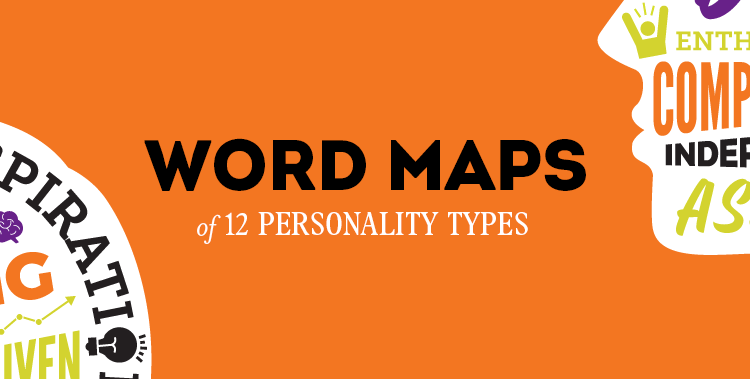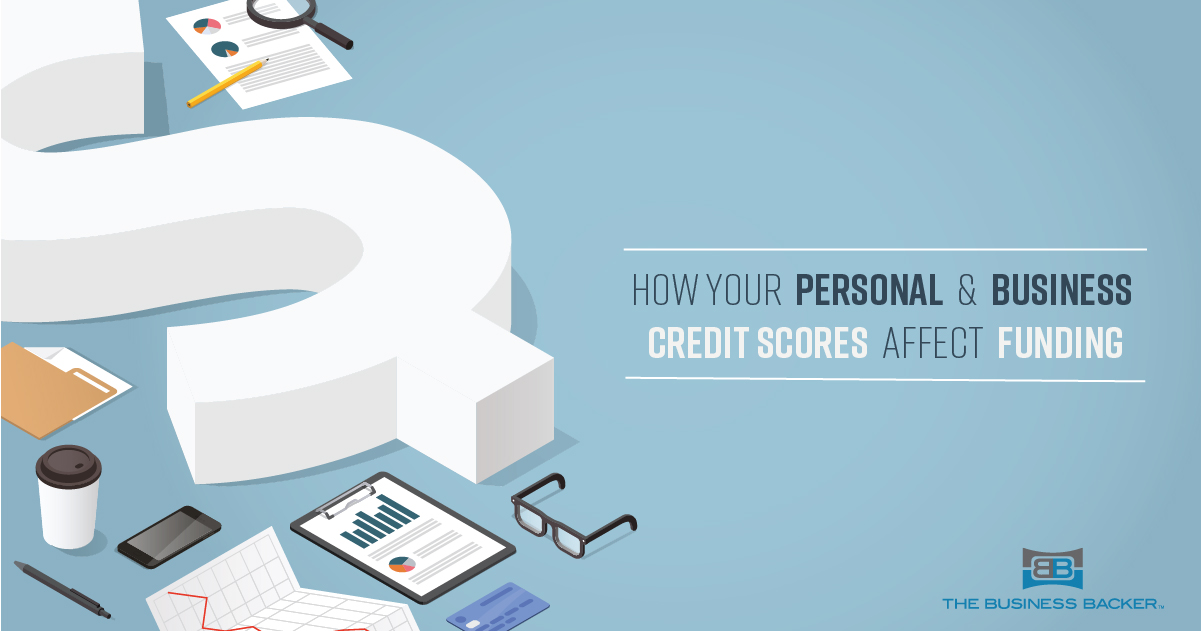The 8 Questions Small Business Owners Should Ask When Seeking Capital: Question #1
Question 1: What kind of lender are you?
Like many businesses in this world, there are lenders who work hard to deliver good solutions for their clients’ best interests, but there are others who don’t. Let’s first define these groups:
BROKERS
A broker is a third party sales office whose primary job is to bring together lenders and borrowers. Brokers find business owners in need of funding, collect their information, and shop the deal to multiple funders. Seems like a good idea in theory; the business owner saves time by hiring someone else to do their research and comes out with the best deal in the market. The problem is finding a trustworthy broker who will do just that. While there are reputable brokers out there who put the business owner’s interest first, some will push deals that are much larger than the business owner originally wanted or can afford, simply to collect a larger commission. Others will conveniently leave out that they are, in fact, brokers and not direct lenders. Added commissions charged to the business owner can be as much as 20% and these are often hidden in blended invoices.
DIRECT FUNDING COMPANIES
Direct funding companies remove the middleman and work with the business owners directly for their funding needs. Direct funding companies typically offer a specific financing product built for businesses within their ideal credit box. Credit models, approved industries, deal amounts, terms and fees vary from funder to funder, which can make the search for the right product very time consuming. Compared to the lengthy paperwork and approval process required by traditional lenders, direct funders can typically provide approvals and funding within a matter of days with little to no paperwork.
NEW – FINANCING FACILITATOR
Facilitators are direct funding companies with the capabilities to not only provide direct funding themselves, but can also facilitate funding from partner funding companies, credit unions, banks and SBA lenders. Unlike brokers, facilitators not only have a network of partners representing the full spectrum of lending options available for their small business customers, but they also are a direct lender themselves. Facilitators evaluate the credit profile and borrowing circumstances of the small business to determine the best options. For instance, a small business may be “bankable,” just not with the bank where they currently hold their business deposits. There could be banks in other areas of the country that will welcome these small businesses, even if their current bank does not. By managing these partner relationships and staying up-to-date on new options and policy changes, facilitators can offer a variety of options so you can make an educated decision on your financing.
Whether you choose to work with a broker, direct funder or financing facilitator, understanding who you are working with and what to expect are the first steps to finding the right financing option. Understanding your lender’s process and asking these questions before any agreement is sent can save a lot of time, headaches, and money.





